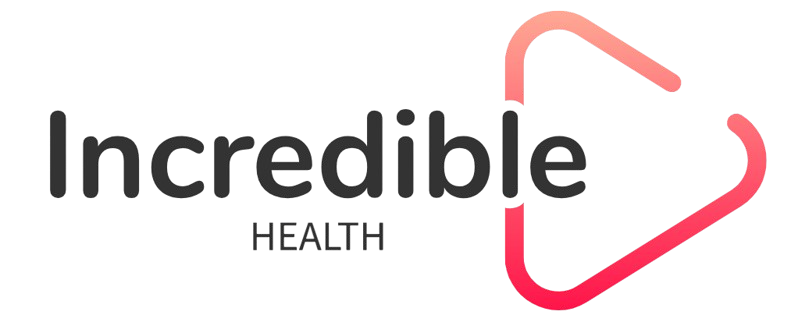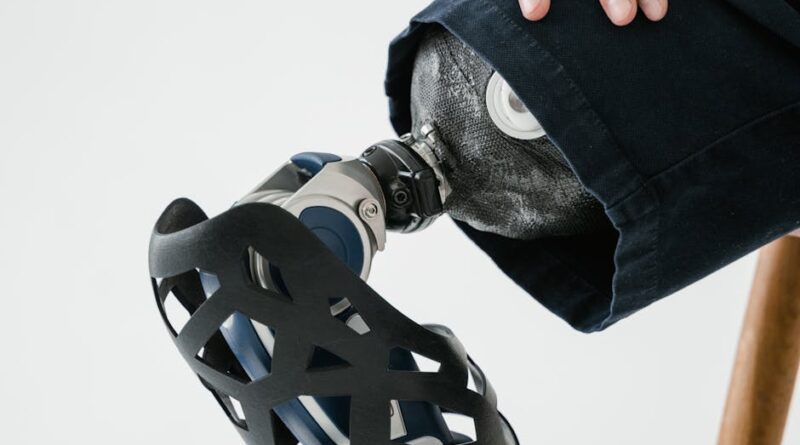The Future of Wearable Health Devices
Imagine a world where your health is constantly monitored, analyzed, and optimized to ensure your well-being. This is the future that wearable health devices promise to deliver. From smartwatches tracking your daily steps to wearable ECG monitors detecting irregular heartbeats, the intersection of technology and healthcare is revolutionizing how we manage our health. In this article, we will delve into the exciting world of wearable health devices, exploring their current applications, future implications, and the controversies surrounding their adoption.
The Evolution of Wearable Health Devices
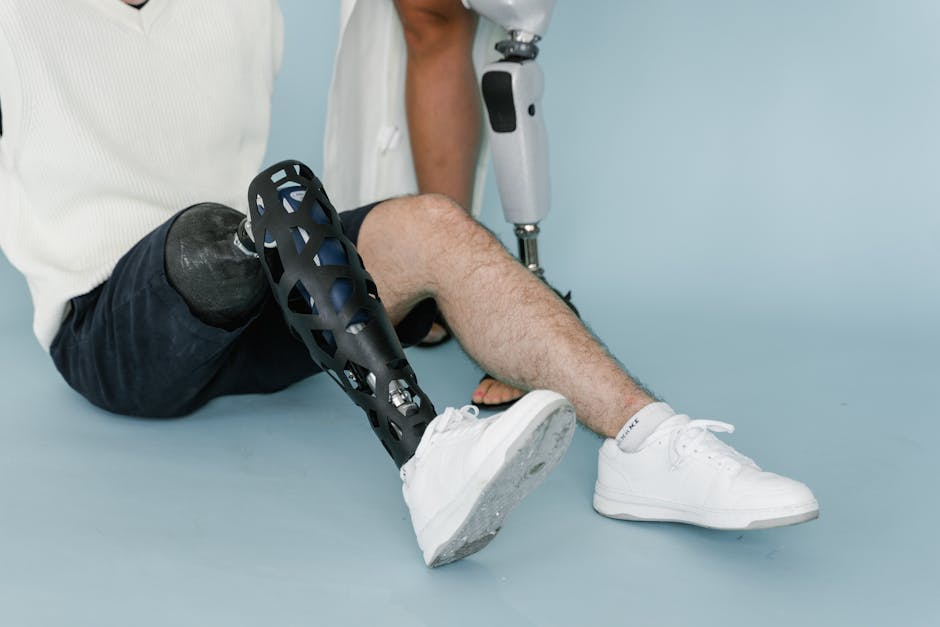
Wearable health devices have come a long way since the introduction of the first digital pedometer in the 1980s. With advancements in sensor technology, data analytics, and miniaturization, these devices have become more sophisticated and accurate. Today, wearable health devices encompass a wide range of products, including fitness trackers, smartwatches, blood glucose monitors, and even smart clothing embedded with biometric sensors.
The Current Landscape of Wearable Health Devices
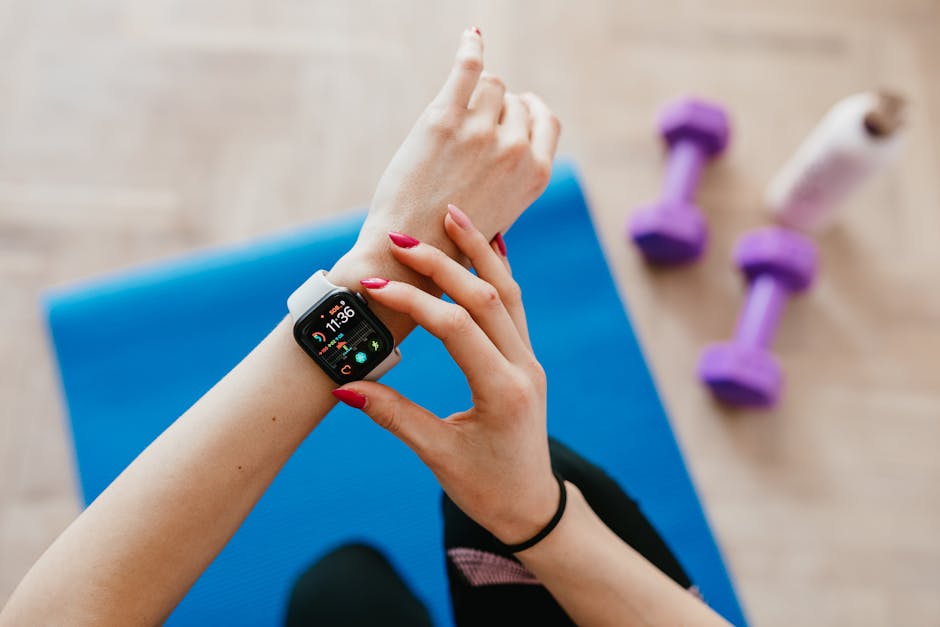
One of the most popular wearable health devices on the market today is the smartwatch. These devices not only tell time but also track your physical activity, monitor your heart rate, and even provide insights into your sleep patterns. Additionally, wearable ECG monitors are gaining popularity among individuals with heart conditions, allowing them to monitor their heart rhythms in real-time and share the data with their healthcare providers.
Furthermore, wearable health devices are being integrated into healthcare systems to improve patient outcomes and reduce healthcare costs. For example, remote patient monitoring using wearable devices enables healthcare providers to track patients’ vital signs outside of traditional clinical settings, leading to early intervention and personalized care.
The Future of Wearable Health Devices
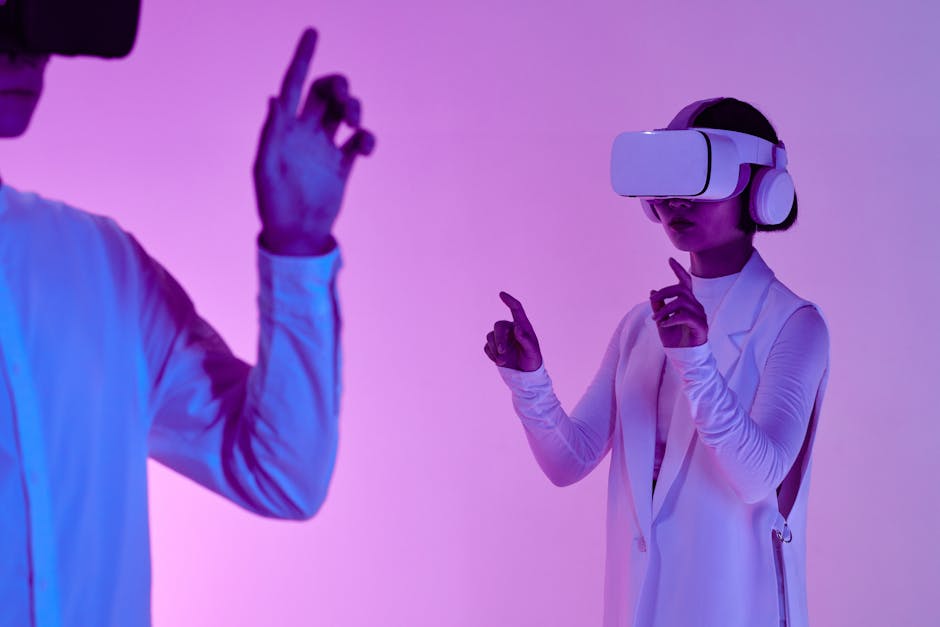
The future of wearable health devices holds immense potential for transforming healthcare as we know it. With the advent of artificial intelligence and machine learning, wearable devices will be able to provide more personalized and actionable insights into our health. For instance, predictive analytics algorithms can analyze data from wearable devices to identify patterns and trends that may indicate the onset of a health issue, allowing individuals to take preventive measures before it escalates.
Moreover, wearable health devices are likely to become more integrated into our daily lives, seamlessly blending into our clothing or accessories. Imagine a world where your shirt can monitor your heart rate, your shoes can track your steps, and your glasses can analyze your blood sugar levels. This level of integration will not only make it easier for individuals to monitor their health but also enable healthcare providers to access real-time data for more informed decision-making.
The Controversies Surrounding Wearable Health Devices

Despite the numerous benefits of wearable health devices, there are also concerns regarding data privacy, security, and accuracy. As these devices collect sensitive health information, there is a risk of this data being compromised or misused. Additionally, the accuracy of wearable health devices has been called into question, with some studies showing discrepancies in the data collected by these devices compared to traditional medical devices.
Another controversial aspect of wearable health devices is the potential for overdiagnosis and unnecessary medical interventions. For example, if a wearable device detects a minor irregularity in someone’s heart rate, it may lead to unnecessary tests or treatments that could have been avoided. Striking a balance between early detection and unnecessary interventions will be crucial as wearable health devices become more prevalent.
Common Misconceptions about Wearable Health Devices
One common misconception about wearable health devices is that they are only useful for fitness enthusiasts or individuals with existing health conditions. In reality, wearable devices can benefit anyone looking to improve their health and well-being by providing valuable insights into their daily habits and routines. Whether you want to track your sleep patterns, monitor your stress levels, or simply stay active, there is a wearable health device for you.
Conclusion
In conclusion, the future of wearable health devices is bright and full of possibilities. From monitoring our health in real-time to predicting potential health issues before they arise, these devices have the power to revolutionize the way we approach healthcare. However, it is essential to address the challenges surrounding data privacy, accuracy, and overdiagnosis to ensure that wearable health devices are used responsibly and ethically. As we continue to embrace technology in healthcare, wearable devices will play an increasingly important role in empowering individuals to take control of their health and well-being.
As we look ahead to a future where wearable health devices are seamlessly integrated into our daily lives, it is crucial to stay informed and educated about the latest advancements in this rapidly evolving field. By embracing the potential of wearable health devices, we can unlock a new era of personalized and proactive healthcare that puts the individual at the center of their wellness journey.
